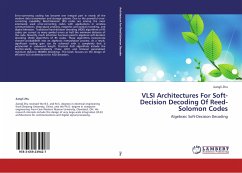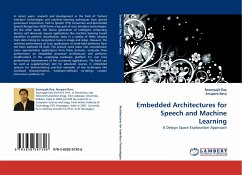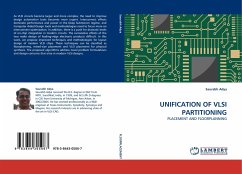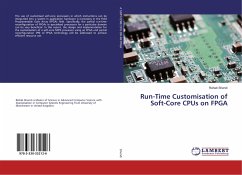Error-correcting coding has become one integral part in nearly all the modern data transmission and storage systems. Due to the powerful error-correcting capability, Reed-Solomon (RS) codes are among the most extensively used error-correcting codes with applications in wireless communications, deep-space probing, magnetic and optical recording, and digital television. Traditional hard-decision decoding (HDD) algorithms of RS codes can correct as many symbol errors as half the minimum distance of the code. Recently, much attention has been paid to algebraic soft-decision decoding (ASD) algorithms of RS codes. These algorithms incorporate channel probabilities into an algebraic interpolation process. As a result, significant coding gain can be achieved with a complexity that is polynomial in codeword length. Practical ASD algorithms include the Koetter-Vardy, low-complexity Chase (LCC) and bit-level generalized minimum distance (BGMD) decodings. This book focuses on the design of efficient VLSI architectures for ASD decoders.








